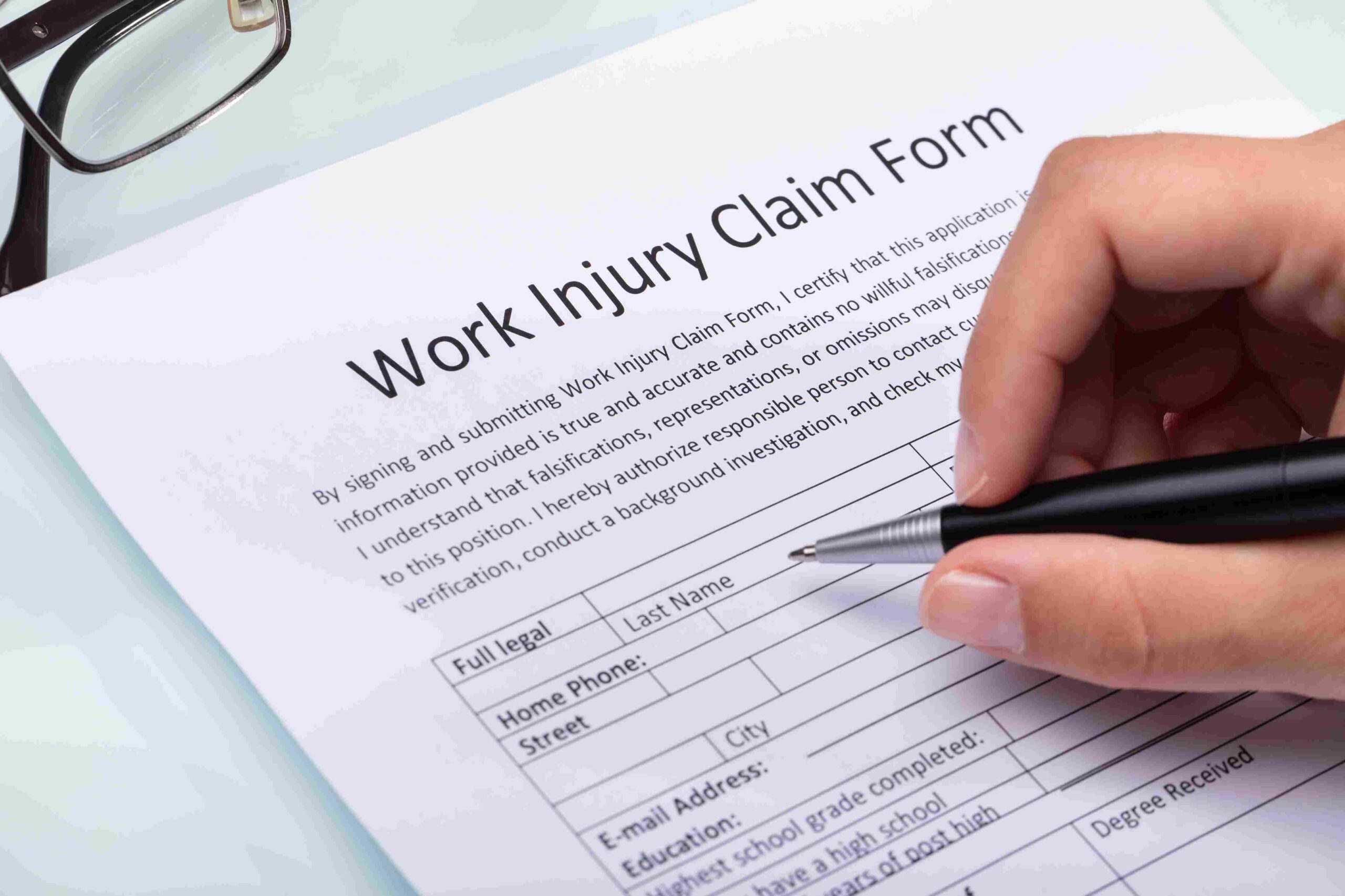Top Mistakes to Avoid When Filing for Workers’ Compensation in Florida

Filing for workers’ compensation in Florida can be a complex and frustrating process, especially when you're already dealing with a work-related injury. While the system is designed to provide medical benefits and wage replacement, many injured workers unknowingly make mistakes that can delay or jeopardize their claim.
At Juan Lucas Alvarez, P.A., we’ve helped countless clients navigate Florida’s workers’ compensation system. Here are some of the most common, and sometimes costly, mistakes to avoid when filing your claim.
1. Failing to Report the Injury Immediately
Under Florida law, you are required to report a workplace injury to your employer within 30 days of the incident. However, waiting even a few days can raise red flags with your employer’s insurance company and may be used to dispute the legitimacy of your claim.
Tip: Report your injury as soon as possible, and do so in writing if possible, to create a clear paper trail.
2. Not Seeking Immediate Medical Attention
Delaying medical treatment can harm both your health and your claim. Insurance companies may argue that your injury wasn't serious, or even related to work, if you wait too long to see a doctor.
Tip: Ask your employer for an authorized medical provider and get evaluated immediately. Keep detailed records of all visits, diagnoses, and treatment plans.
3. Seeing the Wrong Doctor
In Florida, your employer (or their insurance company) typically selects the doctor you must see for treatment. If you go to your own doctor without authorization, you may have to pay out of pocket, and your treatment may not be covered under workers’ comp.
Tip: Always confirm that your doctor is authorized by the insurance carrier unless it's a medical emergency situation.
4. Not Following Medical Advice
Ignoring your doctor’s recommendations, whether it's attending physical therapy, taking prescribed medication, or refraining from certain work activities, can be used against you. Insurance companies are always looking for reasons to minimize payouts or deny claims entirely.
Tip: Follow your doctor’s orders and document your compliance.
5. Returning to Work Too Soon
Some injured workers feel pressured to return to work early, either by their employer or out of financial necessity. But returning before you're medically cleared can worsen your condition and weaken your claim.
Tip: Don’t return to work until your authorized physician clears you. If you’re offered light-duty work, discuss it with your lawyer to ensure it won’t harm your claim.
6. Assuming You Don’t Need a Lawyer
Many people believe workers’ comp claims are straightforward. Unfortunately, the process is filled with technicalities, deadlines, and insurance tactics designed to reduce payouts.
Tip: Consult with a workers’ compensation attorney as early as possible. An experienced lawyer can protect your rights, ensure your paperwork is accurate, and handle disputes with the insurance company.
7. Not Appealing a Denied Claim
If your claim is denied, that’s not the end of the road. Florida law allows you to appeal a denied workers' compensation claim, but the process can be complex and time-sensitive.
Tip: Don’t give up. Contact a lawyer right away to discuss your options and file the necessary petitions before deadlines expire.
8. Providing Inaccurate or Incomplete Information
Honesty and consistency are crucial in a workers’ compensation case. Any inconsistencies in your statements, forms, or medical records can lead to suspicion and potential denial.
Tip: Be truthful and thorough in all your communications with your employer, doctor, and insurance company.
Let Us Help You Avoid These Mistakes
Navigating Florida’s workers’ compensation system doesn’t have to be overwhelming. Attorney, Juan Lucas Alvarez, has over 28 years of legal experience of helping injured workers understand their rights, avoid costly missteps, and secure the benefits they deserve.
If you've been injured on the job, don’t wait. Contact us today for a free consultation. We’re here to fight for your recovery every step of the way.








